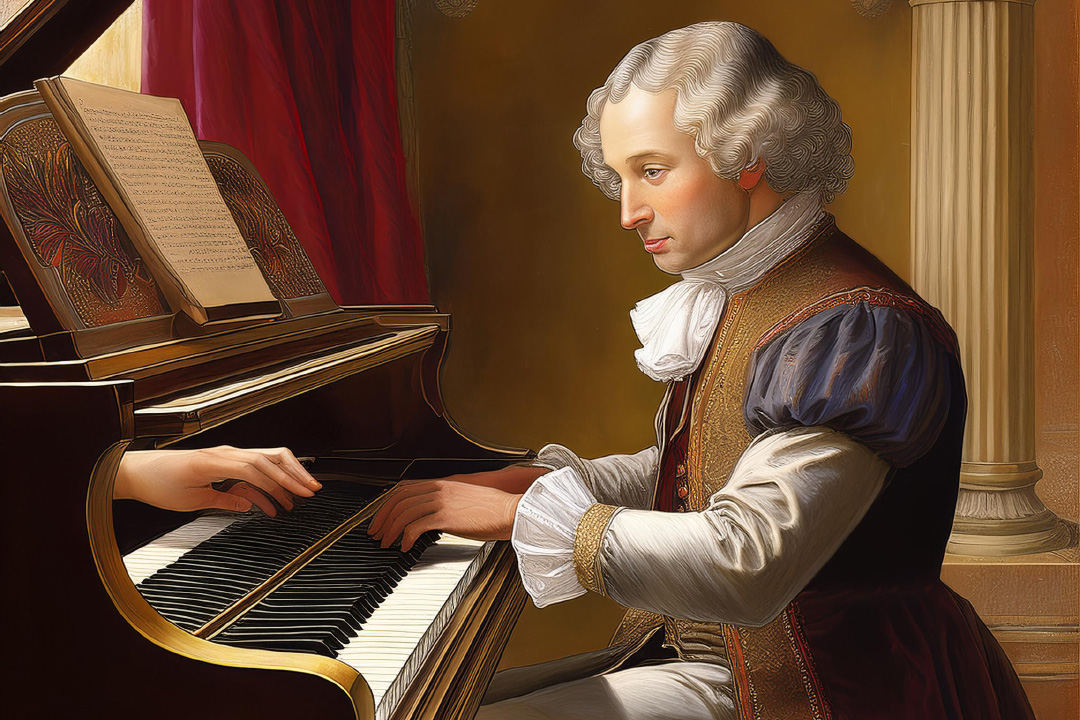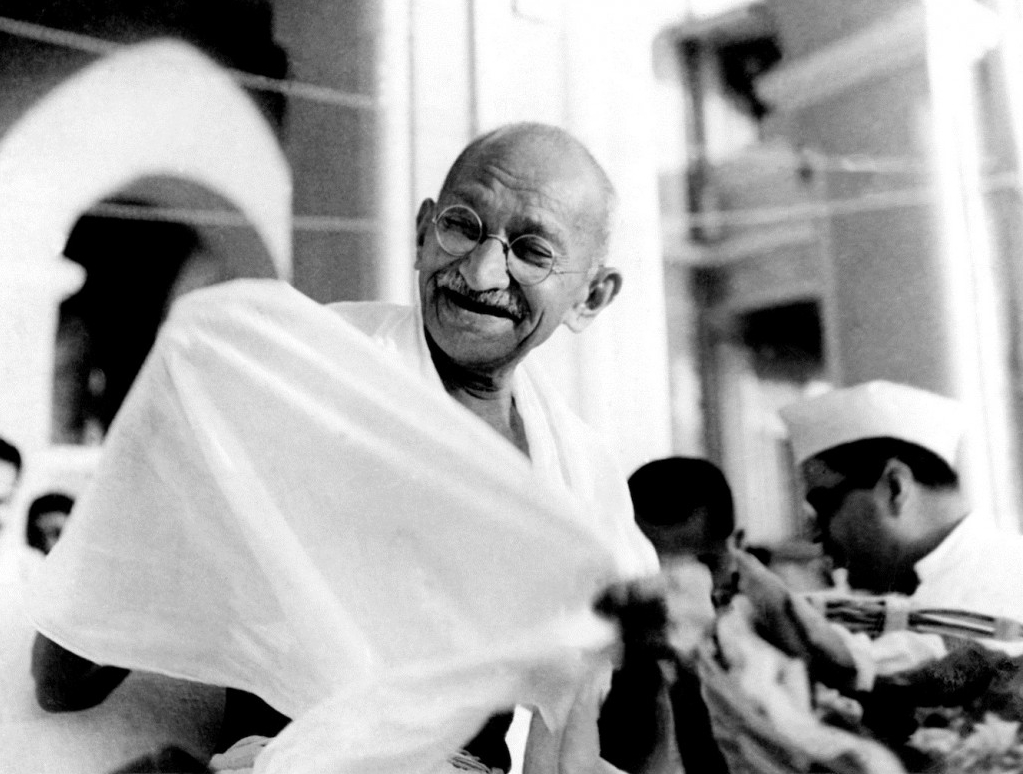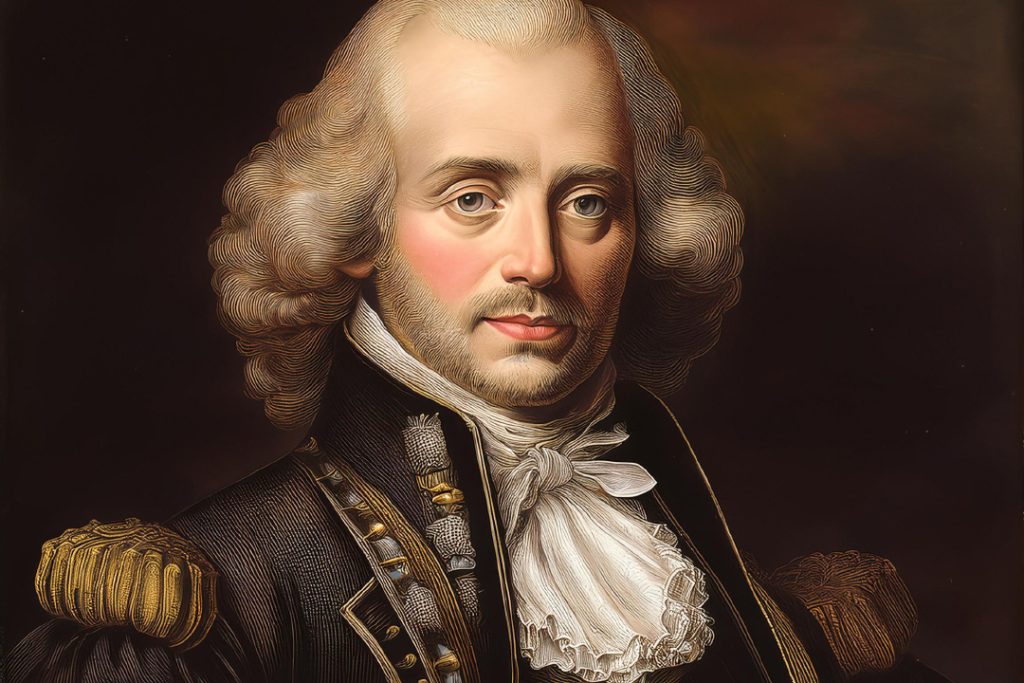Wolfgang Amadeus Mozart is one of the most influential and celebrated composers in the history of Western classical music. His prolific career spanned a wide variety of musical genres, leaving behind a legacy of over 600 works that include symphonies, operas, concertos, and chamber music. This biography provides a glimpse into Mozart’s life, his remarkable musical achievements, and offers additional resources for further research.
1. Early Life and Musical Beginnings
Wolfgang Amadeus Mozart was born on January 27, 1756, in Salzburg, Austria. His father, Leopold Mozart, was a respected composer and violinist who quickly recognized his son’s extraordinary talent. Wolfgang’s prodigious abilities were evident at an early age, and by the time he was five years old, he was already composing simple pieces and performing for European royalty.
Leopold took Wolfgang and his sister, Maria Anna (“Nannerl”), on several tours across Europe, where they performed for courts and nobility. These trips helped shape Mozart’s musical education, exposing him to different styles and prominent composers of the time.
2. Early Career and First Compositions
By his teenage years, Mozart had already composed numerous works, including his first symphonies, sonatas, and operas. His talent caught the attention of the Archbishop of Salzburg, who employed him as a court musician in 1769. Though he produced a variety of sacred and secular works during this period, Mozart found Salzburg stifling due to the Archbishop’s strict control over his musical output.
His dissatisfaction led him to embark on multiple trips to Italy, Paris, and Mannheim, where he sought more creative freedom. It was during these travels that Mozart’s style matured, and he began to blend various European influences into his music.
3. Vienna and Peak of His Career
In 1781, Mozart left Salzburg and moved to Vienna, where he sought greater independence as a freelance composer and performer. Vienna was a bustling cultural hub at the time, and Mozart thrived in its vibrant music scene. Here, he composed some of his most famous works, including the opera “The Marriage of Figaro” (1786), the “Jupiter Symphony” (1788), and the opera “Don Giovanni” (1787).
His marriage to Constanze Weber in 1782 was another significant event during this period. Though they faced financial struggles due to Mozart’s irregular income, Constanze supported his career, and they had six children, only two of whom survived to adulthood.
4. Major Works and Innovations
Mozart’s music is celebrated for its clarity, complexity, and emotional depth. He excelled in nearly every genre of music during his time, contributing significantly to the development of the Classical style. Some of his most important works include:
- Symphonies: Mozart composed 41 symphonies, with Symphony No. 40 in G Minor and Symphony No. 41 (“Jupiter”) being among the most renowned.
- Operas: Mozart’s operas stand out for their melodic beauty, dramatic depth, and humorous yet insightful portrayal of human emotions. His notable operas include “The Magic Flute” (1791), “The Marriage of Figaro”, and “Don Giovanni”.
- Piano Concertos: Mozart composed 27 piano concertos, many of which are considered masterpieces. These works, such as Piano Concerto No. 21 in C major and Piano Concerto No. 23 in A major, display his incredible understanding of the instrument and orchestration.
- Chamber Music: Mozart made important contributions to chamber music, particularly in his string quartets and piano trios. His “Clarinet Quintet” and “Eine kleine Nachtmusik” remain popular to this day.
5. Personal Struggles and Decline
Despite his fame and success, Mozart faced significant financial difficulties later in life. He was often in debt, and his extravagant lifestyle, combined with a lack of steady income, exacerbated his troubles. Moreover, while his music was beloved by many, he struggled to maintain consistent patronage in the highly competitive environment of Vienna.
By the early 1790s, Mozart’s health began to deteriorate. His final years were marked by a frenetic pace of composition, including the creation of his Requiem (1791), which he left unfinished at the time of his death.
6. Death and Legacy
Wolfgang Amadeus Mozart died on December 5, 1791, at the young age of 35. The exact cause of his death remains a subject of speculation, but theories range from rheumatic fever to poisoning. He was buried in an unmarked grave in Vienna’s St. Marx Cemetery, a common practice for those not of noble birth.
Though he passed away at an early age, Mozart’s influence on Western music is immeasurable. His works set new standards for melody, harmony, and orchestration, inspiring future generations of composers, including Beethoven and Schubert. Today, his music continues to be performed worldwide, making him one of the most enduring and celebrated composers of all time.
7. Further Research and Resources
For those who wish to learn more about Wolfgang Amadeus Mozart, here are a few excellent websites:
- Mozart Project
This site offers a wealth of resources, including a detailed biography, musical analyses, and links to Mozart’s complete works. - Classic FM – Mozart
A user-friendly resource that provides an engaging overview of Mozart’s life, key compositions, and fascinating facts about his career. - Mozart Forum
A community-driven site that encourages discussions on Mozart’s music, including scholarly articles and a forum for enthusiasts. - The Mozart Estate
Official website of the Mozarteum Foundation, which preserves Mozart’s heritage. The site offers historical information and access to digitized manuscripts. - IMSLP – Mozart
The International Music Score Library Project (IMSLP) provides free access to sheet music for nearly all of Mozart’s works.
Conclusion
Wolfgang Amadeus Mozart’s life was marked by extraordinary musical brilliance, from his childhood as a prodigy to his prolific career that reshaped classical music. Despite personal and financial struggles, his genius has left a lasting legacy in nearly every genre of Western music. Mozart’s works remain a cornerstone of the classical repertoire, and his influence on both his contemporaries and future generations is undeniable. His legacy will continue to inspire and captivate music lovers for centuries to come.
Here some recommended links selected for you: The Best Books of the Month, Todays best Deals at Amazon, Best Sellers in Cell Phones & Accessories and last but not least the easy and great way to send a gift for the holidays: Amazon.com eGift Card (Instant Email or Text Delivery).




